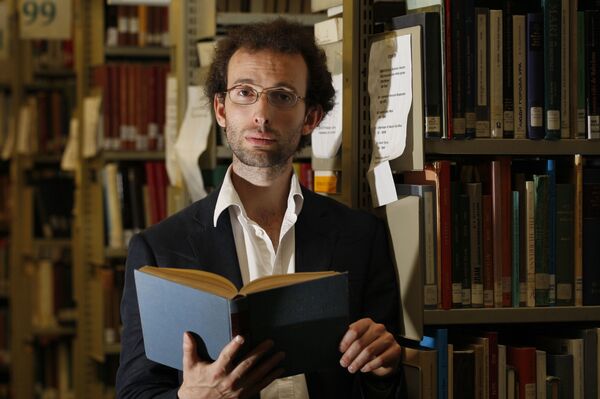New research by Cambridge Professor Dr Martin Worthington found the duplicitous language illustrating the earlier example of “fake news” in the words of a “trickster” god called Ea, cited in the 3,000-year-old Babylonian story of the Great Flood, according to the university’s website.
In the biblical account of Noah’s Ark, narrated in the Book of Genesis, the Old Testament figure builds a giant boat to save his family and pairs of all living creatures from a giant flood. However, the Epic of Gilgamesh poem, which predates the biblical account and is known from clay tablets, depicts the story a little bit differently, saying that all the people helped Noah – or Uta-napishti in the story – to build the ark.
Dr Worthington, who specialises in Assyriology of Babylonian, Assyrian and Sumerian grammar, analysed the word play in the Gilgamesh flood story to come to the conclusion that the Babylonian god Ea tricked humanity intp helping Uta-napishti by dubiously threatening them with a “food” raining from the sky, which could be also understood as a warning of doom.
“Ea tricks humanity by spreading fake news. He tells the Babylonian Noah, known as Uta–napishti, to promise his people that food will rain from the sky if they help him build the ark. What the people don’t realise is that Ea’s nine-line message is a trick: it is a sequence of sounds that can be understood in radically different ways, like English ‘ice cream’ and ‘I scream’”, Dr Worthington explained.

The researcher believes that Ea’s message actually warned humanity of an upcoming catastrophe, although inexplicitly, with only Uta–napishti and his family boarding the boat and surviving the flood in the end.
“With this early episode, set in mythological time, the manipulation of information and language has begun. It may be the earliest ever example of fake news”, the Cambridge professor concluded.


